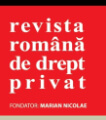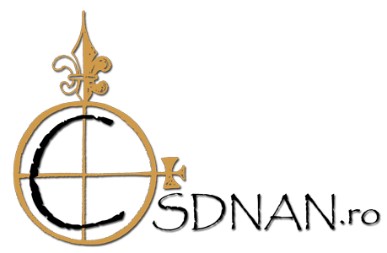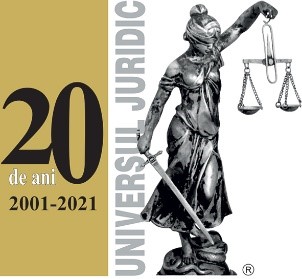Diamantul de pe inel: Despre incompletitudinea Dreptului (obiectiv) şi nevoia de drepturi (subiective)*
rizoiu.radu[at]drept.unibuc.ro, mircea.dumitru[at]unibuc.eu
Cuvinte cheie:
deontic logic, incompleteness of modal logic, formalizing legal relationsRezumat
The Law is perceived as an autonomous system of norms which (pretends that) has a certain inner coherence. Much of this coherence is due to the internal logical structure of its normative propositions. The norms are interlinked with each other by logical implications such as inference, causality and non contradiction. The technical structure of the norm itself is expressed as a logical proposition having a hypothesis and a statement. Legal reasoning is itself based on a logical syllogism.
Being based on the rules of logic, the law defined its own system of rules as a subset of deontic logic similar to that employed by the study of moral rules. Nonetheless, the system proclaims its self sufficiency (based on a certain form of autopoiesis) by assuming that the existing norms are able to lead to the deduction of all other norms necessary for the good administration of justice. This paper explores precisely this assumption by looking at the incompleteness theory advanced by Gödel in the interwar period. In this way, it can be traced the growing incompleteness gap once one moves from rules designed to regulate simple relations between individuals to those meant to regulate complex relations between groups of individuals.
In order to show the utility of the research, the last part of the study tries to build synthetic formulae (expressed in formal logic symbols) able to describe the main legal relations. These formulae could be later on used in analyzing the legal reasoning. The purpose of this exercise is to shift the focus from the analysis of norms to the analysis of relations, from the logic of “must” to the logic of “exist”.
Publicat
Versiuni
- 24-04-2023 (2)
- 13-09-2022 (1)









